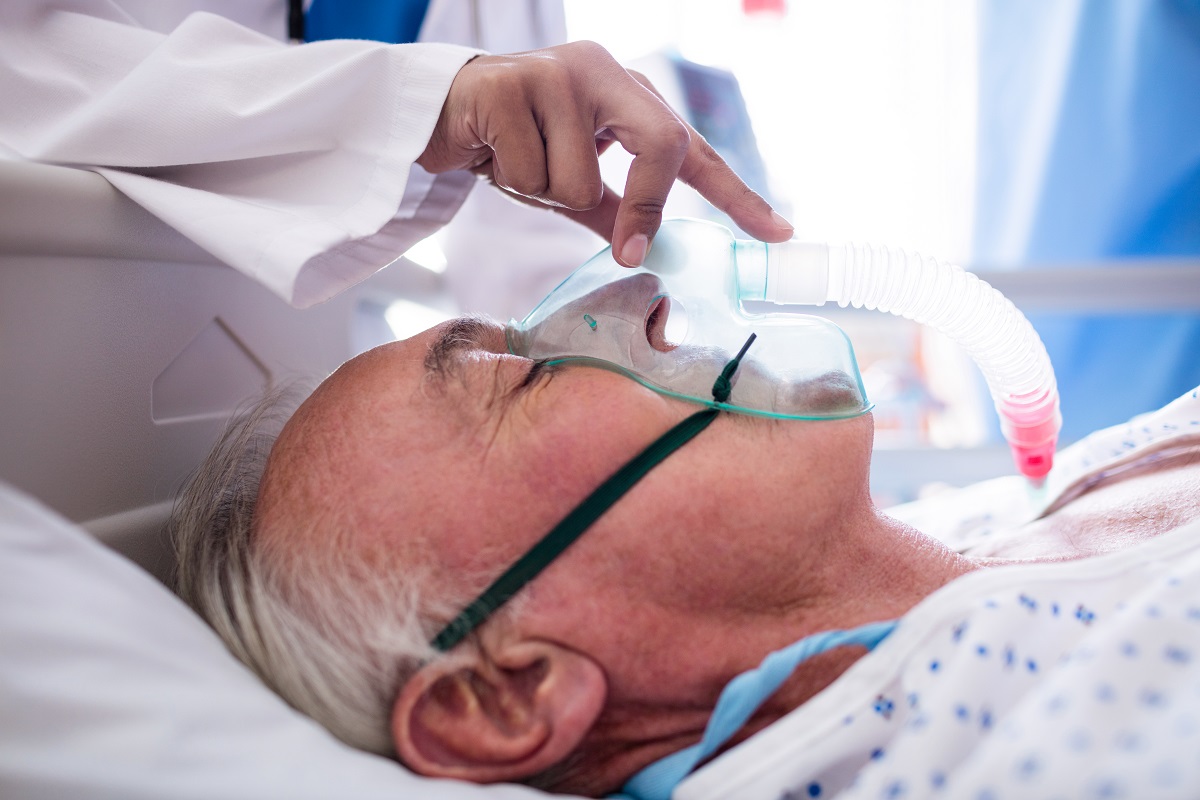Sleep Apnea Treatment: Effective Solutions for a Better Night’s Rest

Strong 8k brings an ultra-HD IPTV experience to your living room and your pocket.
Sleep apnea is a common but serious sleep disorder that affects millions of people worldwide. It causes repeated interruptions in breathing during sleep, leading to poor sleep quality and various health risks. If left untreated, sleep apnea can contribute to high blood pressure, heart disease, diabetes, and daytime fatigue.
The good news is that effective sleep apnea treatment options are available to help you breathe better and improve your quality of life. In this article, we will explore the different types of sleep apnea, their causes and symptoms, and the best treatment methods available.
Understanding Sleep Apnea
What is Sleep Apnea?
Sleep apnea is a condition where a person’s breathing stops and starts repeatedly during sleep. These pauses in breathing can last for a few seconds to a minute and may occur multiple times per hour.
Types of Sleep Apnea
There are three main types of sleep apnea:
Obstructive Sleep Apnea (OSA): The most common type, caused by a blockage in the airway due to the relaxation of throat muscles.
Central Sleep Apnea (CSA): Caused by the brain failing to send the proper signals to the muscles that control breathing.
Complex Sleep Apnea Syndrome: A combination of both obstructive and central sleep apnea.
Common Symptoms of Sleep Apnea
Loud snoring
Gasping for air during sleep
Waking up with a dry mouth or headache
Difficulty staying asleep (insomnia)
Excessive daytime sleepiness
Difficulty concentrating
If you or a loved one experience these symptoms, it is crucial to seek medical evaluation and treatment.
Sleep Apnea Treatment Options
There are several effective treatments for sleep apnea, ranging from lifestyle changes to medical interventions. The best approach depends on the severity of your condition and underlying causes.
1. Lifestyle Changes for Mild Sleep Apnea
If you have mild sleep apnea, making certain lifestyle modifications can help improve your breathing during sleep:
Lose Weight: Excess weight, especially around the neck, can obstruct the airway. Losing even a small amount of weight can reduce symptoms.
Exercise Regularly: Physical activity helps improve breathing and overall respiratory function.
Sleep on Your Side: Sleeping on your back can cause the tongue and soft tissues to collapse, blocking the airway. Try using a body pillow to maintain a side-sleeping position.
Avoid Alcohol and Sedatives: These substances relax the throat muscles, increasing the risk of airway collapse.
Quit Smoking: Smoking can cause inflammation in the airways, worsening sleep apnea symptoms.
2. Continuous Positive Airway Pressure (CPAP) Therapy
For moderate to severe sleep apnea, CPAP therapy is the most effective treatment.
How it Works: CPAP machines deliver a steady flow of air through a mask, keeping the airway open during sleep.
Benefits:
Prevents airway collapse
Reduces snoring
Improves sleep quality and daytime alertness
Challenges: Some users may find the mask uncomfortable at first, but adjusting to the device and using the right mask size can improve comfort.
3. Alternative Positive Airway Pressure Devices
If CPAP therapy is not suitable, other airway pressure devices can be used:
BiPAP (Bilevel Positive Airway Pressure): Provides different pressure levels for inhaling and exhaling, making breathing easier.
APAP (Auto-Adjusting Positive Airway Pressure): Adjusts air pressure automatically based on breathing patterns.
4. Oral Appliances (Mouthpieces)
Dental devices can help keep the airway open by repositioning the lower jaw and tongue. These are best suited for mild to moderate sleep apnea cases.
Types of Oral Appliances:
Mandibular Advancement Devices (MADs): Move the lower jaw forward to prevent airway blockage.
Tongue-Retaining Devices: Hold the tongue in place to prevent airway collapse.
Benefits: More comfortable and easier to use than CPAP machines.
Drawbacks: May cause jaw discomfort and require regular adjustments.
5. Surgery for Sleep Apnea
If non-invasive treatments do not work, surgery may be an option for severe sleep apnea. Common surgical procedures include:
Uvulopalatopharyngoplasty (UPPP): Removes excess tissue from the throat to widen the airway.
Genioglossus Advancement (GA): Moves the tongue muscle forward to prevent airway obstruction.
Maxillomandibular Advancement (MMA): Repositions the upper and lower jaw to increase airway space.
Inspire Therapy (Implantable Device): A small device is implanted under the skin, stimulating airway muscles to stay open during sleep.
6. Nasal and Allergy Treatments
If nasal congestion contributes to sleep apnea, treating underlying conditions like allergies or a deviated septum can improve airflow. Common treatments include:
Nasal Strips or Dilators: Help open nasal passages.
Allergy Medications: Antihistamines or nasal sprays reduce inflammation.
Nasal Surgery: Corrects structural issues like a deviated septum.
When to See a Doctor
If you suspect you have sleep apnea, it’s important to seek medical evaluation. Untreated sleep apnea can lead to serious health problems, including:
High blood pressure
Heart disease
Stroke
Diabetes
Depression and anxiety
Your doctor may recommend a sleep study (polysomnography) to diagnose sleep apnea and determine the best course of treatment.
Frequently Asked Questions About Sleep Apnea Treatment
1. Can Sleep Apnea Go Away on Its Own?
Mild sleep apnea may improve with weight loss and lifestyle changes, but moderate to severe cases require medical intervention.
2. Is CPAP the Only Treatment for Sleep Apnea?
No, while CPAP is the most effective treatment, other options include oral appliances, surgery, and lifestyle modifications.
3. How Long Does It Take for Sleep Apnea Treatment to Work?
Many people experience immediate improvement in sleep quality with CPAP or oral appliances, while lifestyle changes may take weeks to months to show results.
4. Can Sleep Apnea Be Cured Permanently?
Surgery may provide a long-term solution, but most cases require ongoing management to prevent symptoms from returning.
5. What Happens If Sleep Apnea Is Left Untreated?
Untreated sleep apnea increases the risk of serious health conditions, including heart attacks, strokes, and chronic fatigue.
Conclusion
Sleep apnea is a serious but treatable condition. Whether through lifestyle changes, CPAP therapy, oral appliances, or surgery, effective treatment can help restore restful sleep and improve overall health.
If you or a loved one experience snoring, daytime sleepiness, or breathing pauses during sleep, consult a doctor to explore the best sleep apnea treatment options. Prioritizing sleep health leads to a better quality of life and reduces the risk of long-term complications.
Note: IndiBlogHub features both user-submitted and editorial content. We do not verify third-party contributions. Read our Disclaimer and Privacy Policyfor details.







